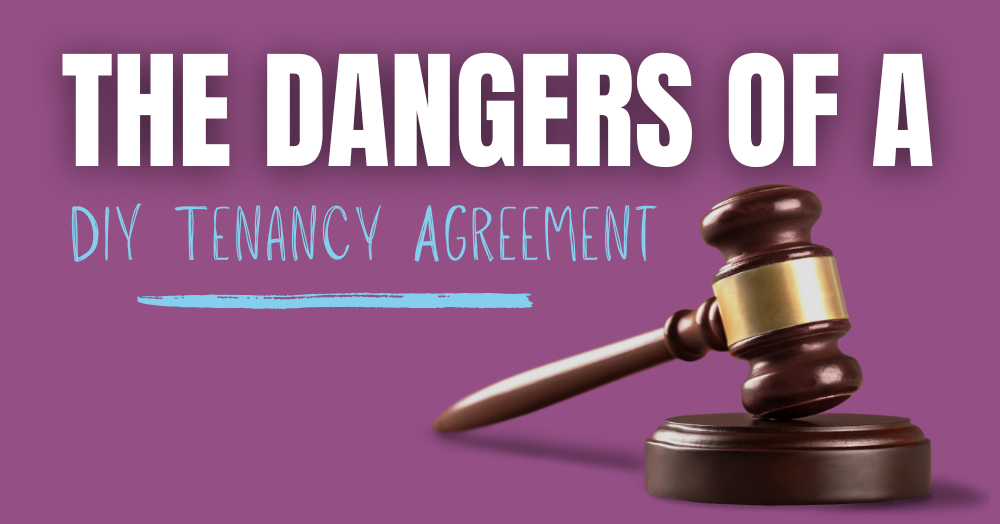
Enter ‘tenancy agreement’ into a search engine, and you’ll encounter a multitude of results offering complimentary online templates and comprehensive guides for crafting your personalized rental contract.
However, the question arises: why enlist the services of a professional letting agent to oversee the tenancy agreement when you can manage it independently? What potential pitfalls could emerge?
In reality,there’s a significant amount that could go awry. Hastily downloading a template from the internet and congratulating yourself on a job well-executed might ultimately prove to be a costly blunder.
The repercussions might not become evident for several months, or even years, but should you find yourself entangled in a dispute at the conclusion of a tenancy, or if you intend to regain ownership of the property, your self-crafted contract could turn out to be entirely ineffectual.
In the following concise discourse, we delve into the perils associated with a self-manufactured tenancy agreement.
Legally Inadequate
Erroneous legal terminology, incongruous clauses, convoluted phrasing… any of these elements could give rise to complications when a tenant concludes their tenancy or contests an aspect of the agreement. Moreover, the landscape of renting regulations has witnessed numerous alterations in recent years (with more poised to take effect), potentially rendering your do-it-yourself agreement obsolete.
Opting for an agent equipped with access to a meticulously composed, legally robust, and up-to-date tenancy agreement can potentially spare you a considerable amount of stress, inconvenience, and expense in the long term.
Additional Legal Obligations
Commencing a tenancy necessitates landlords to furnish tenants with a series of pivotal documents—not solely a tenancy agreement. This encompasses certifications of gas and electrical safety, along with information pertaining to the deposit service utilized by the landlord.
Taking a freestyle approach to establishing a tenancy agreement could result in a failure to correctly address these formalities—an outcome that might nullify any tenancy agreement you have in place. Consequently, any dispute that emerges could become significantly more protracted and financially draining.
Notification Periods
The same principle extends to delivering notifications. An improperly structured tenancy, devoid of all the requisite documentation for the tenant, could potentially invalidate any notification served. Are you well-versed in the most recent amendments to notification periods? An agent most certainly would be.
Setting up a DIY tenancy agreement might seem like a way to save money, but in the long run, you could be left seriously out of pocket. Protect your investment, and let us do the hard work for you. Contact us today.



